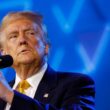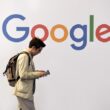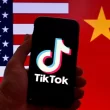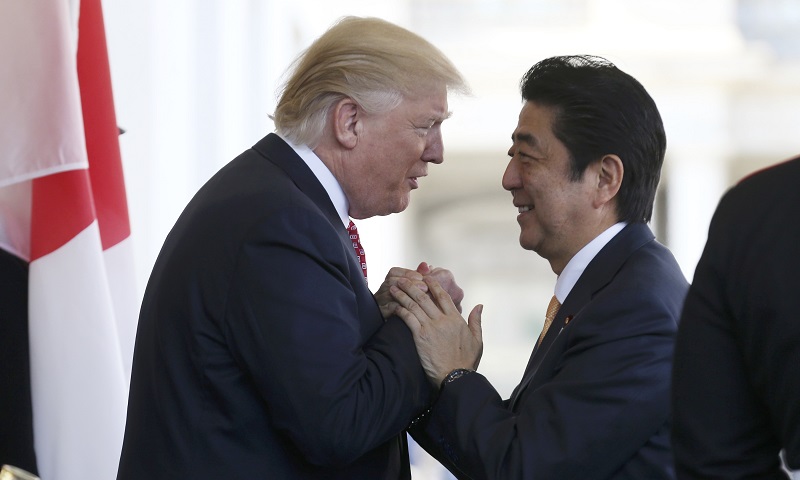Trump and SoftBank’s $100 Billion Bet: Masayoshi Son Joins the Push to Revolutionize U.S. Industry
On a crisp Monday morning, former President Donald Trump stood alongside SoftBank Group CEO Masayoshi Son to make a blockbuster announcement: SoftBank plans to invest $100 billion in the United States over the next four years. The deal, hailed as a “game-changer” by Trump, marks one of the largest foreign investments in American history. But beyond the headline-grabbing figure, this partnership could have profound implications for the U.S. economy, technology sector, and Trump’s broader vision for “America First” economic policy.

The Announcement
The high-profile event took place at Trump Tower, where Trump and Son presented a unified front, radiating optimism and ambition. Trump described the investment as “a tremendous step forward for American workers and innovation,” while Son emphasized his confidence in the U.S. market, calling it “the best place for future growth.”
SoftBank’s $100 billion commitment includes funding from the company’s Vision Fund and other potential partners. The investment is expected to focus on next-generation technologies such as artificial intelligence, robotics, and telecommunications infrastructure—fields in which the U.S. already leads but could benefit significantly from further capital infusion.
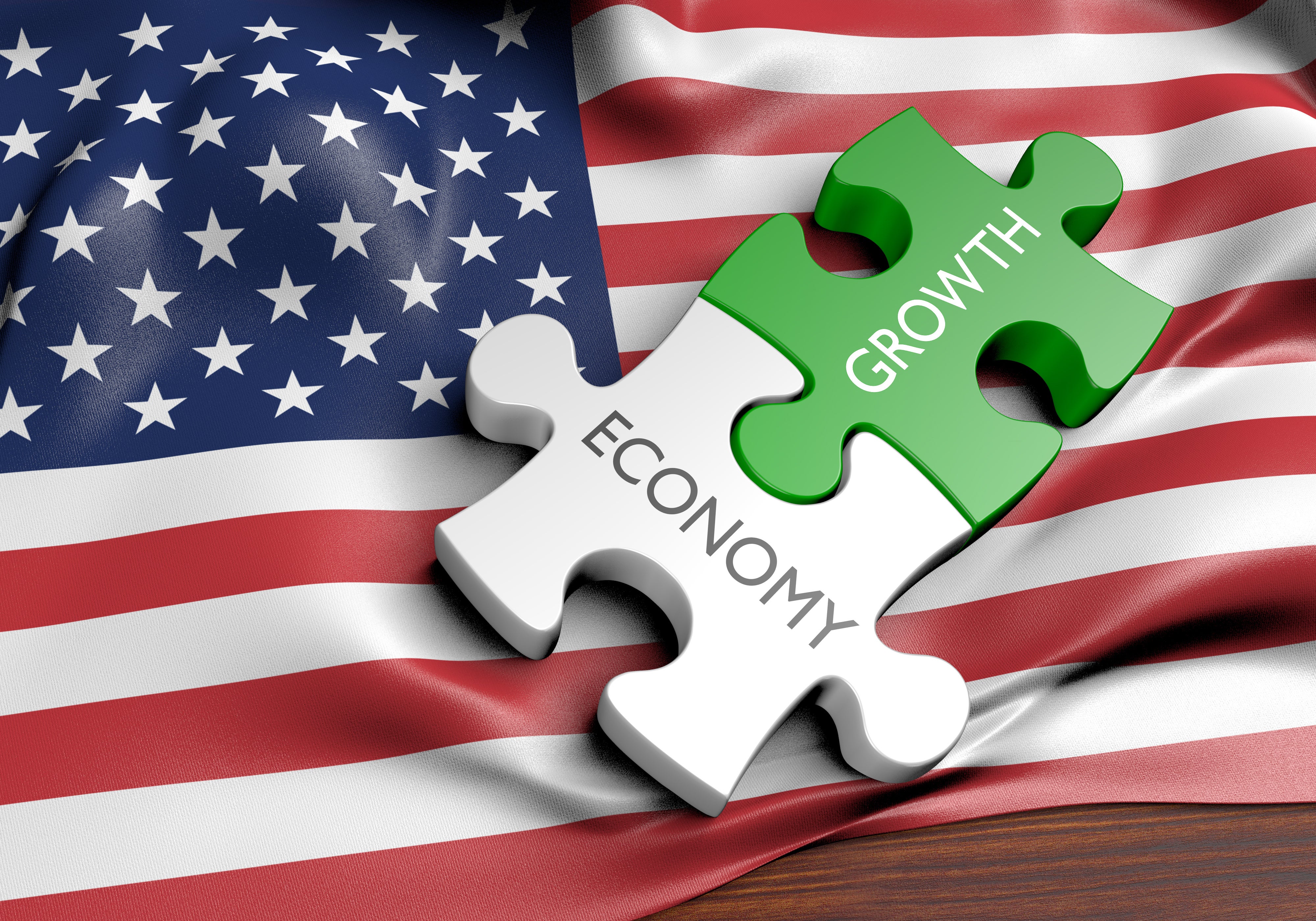
Why the U.S., Why Now?
Masayoshi Son’s decision to pour billions into the U.S. economy comes at a critical juncture. The United States is at the forefront of a global technological race, competing with economic powerhouses like China and the European Union. The $100 billion investment is more than just a financial commitment; it is a strategic move that aligns with Trump’s push to restore America’s dominance in advanced manufacturing and cutting-edge industries.
Son’s track record as a visionary investor adds weight to this initiative. The Japanese billionaire has a history of identifying transformative technologies early on. His investments in companies like Alibaba, Arm Holdings, and Uber have not only reaped massive returns but also reshaped entire industries. By channeling his resources into the U.S., Son aims to replicate this success on a broader scale.
Moreover, this investment aligns with Trump’s economic vision of revitalizing American manufacturing and creating jobs. During his campaign, Trump frequently criticized companies that outsourced jobs overseas, vowing to bring them back to American soil. SoftBank’s move is seen as a validation of this vision, showcasing how foreign investment can serve as a cornerstone for U.S. economic growth.
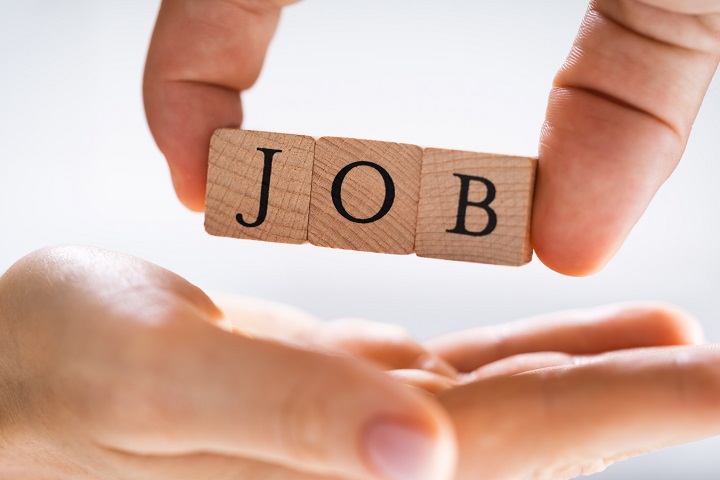
Job Creation: Numbers and Realities
One of the most significant promises tied to the SoftBank investment is job creation. According to initial projections, the $100 billion could lead to the creation of 50,000 to 100,000 new jobs. These roles will span various sectors, including engineering, software development, and advanced manufacturing.
Critics, however, caution that job creation figures tied to large-scale investments often fail to materialize fully. The automation of industries, particularly in robotics and AI, may limit the number of traditional jobs generated. Still, proponents argue that the focus should not solely be on quantity but also on the quality of jobs—with high-paying, specialized roles taking precedence over lower-wage positions.
The Strategic Focus: Key Sectors
SoftBank’s investment will target several high-impact sectors:
- Artificial Intelligence (AI): AI is set to transform industries from healthcare to finance. By focusing on AI startups and research, this investment could place the U.S. at the cutting edge of global innovation.
- 5G and Telecommunications: The rollout of 5G networks is crucial for the next wave of technological advancements. SoftBank’s expertise in telecommunications can accelerate the U.S.’s adoption of this technology, creating a robust infrastructure for the Internet of Things (IoT) and smart cities.
- Robotics: From autonomous vehicles to factory automation, robotics will play a pivotal role in reshaping the economy. SoftBank’s focus here aligns with its existing investments, such as Boston Dynamics, and complements U.S. advancements in the field.
- Clean Energy: Though less emphasized, clean energy initiatives could benefit from SoftBank’s investment. Trump’s tenure has been marked by mixed messages on renewable energy, but private investments in solar, wind, and energy storage technologies could help bridge the gap.
A Political Win for Trump
For Donald Trump, the timing of this announcement is particularly advantageous. Coming amid criticism of his policies by both domestic and international stakeholders, this investment serves as a high-profile endorsement of his economic agenda. The deal reinforces Trump’s narrative that his presidency fosters an environment conducive to business and investment.
In addition, the deal could bolster Trump’s relationships with key global players. Masayoshi Son’s influence extends far beyond Japan; his Vision Fund, backed by significant Saudi and Emirati capital, underscores a network of international partnerships that could further benefit U.S. interests.
Challenges and Risks
Despite its promise, the $100 billion investment faces significant hurdles. First, regulatory scrutiny could delay or complicate the implementation of key projects, particularly in sectors like telecommunications and AI, where national security concerns loom large. Trump’s “America First” agenda may also clash with SoftBank’s inherently global business model, creating tensions over decision-making and resource allocation.
Second, the economic environment in the U.S. is not without its challenges. Inflation, supply chain disruptions, and geopolitical tensions could affect the returns on investment. SoftBank’s Vision Fund itself has faced criticism for overvaluation and risky bets, raising questions about the sustainability of such massive investments.
Finally, there is the risk of unmet expectations. Grand announcements often raise public and political hopes, but the realities of execution can be far more complicated. If the projected job numbers or economic impact fail to materialize, the deal could become a liability for both Trump and SoftBank.
The Bigger Picture: U.S.-Japan Relations
This deal also has broader implications for U.S.-Japan relations. Masayoshi Son’s investment serves as a symbol of Japan’s confidence in the U.S. economy and its willingness to partner on strategic initiatives. This partnership could pave the way for more collaborative ventures, particularly in technology and defense sectors.
Furthermore, the deal underscores the importance of private-sector diplomacy. At a time when geopolitical tensions are rising, private investments can serve as stabilizing forces, fostering economic interdependence and mutual benefits.
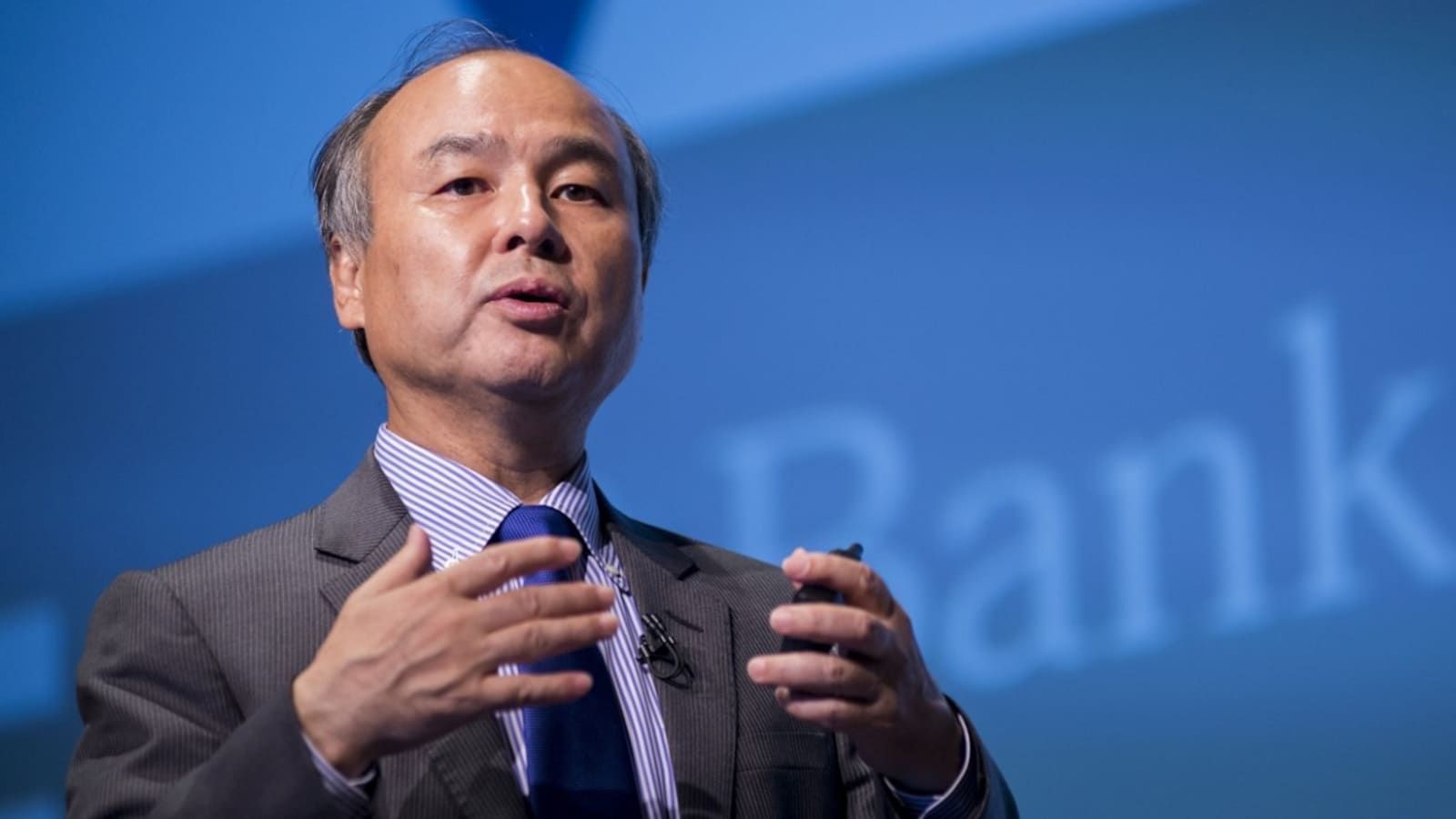
Looking Ahead
The $100 billion SoftBank investment represents more than just a financial commitment; it is a bet on the future of the U.S. economy. If successful, it could transform key industries, create high-paying jobs, and solidify America’s position as a global leader in innovation.
For Trump, this deal is a powerful validation of his economic policies, offering tangible proof of their impact. For Masayoshi Son, it is an opportunity to shape the trajectory of the global economy while reaping significant financial returns.
However, the true impact of this investment will depend on execution. With ambitious plans in place, both Trump and SoftBank must navigate a complex landscape of regulatory, economic, and technological challenges. If they succeed, this partnership could serve as a blueprint for future collaborations between governments and visionary investors, reshaping the economic landscape for years to come.

